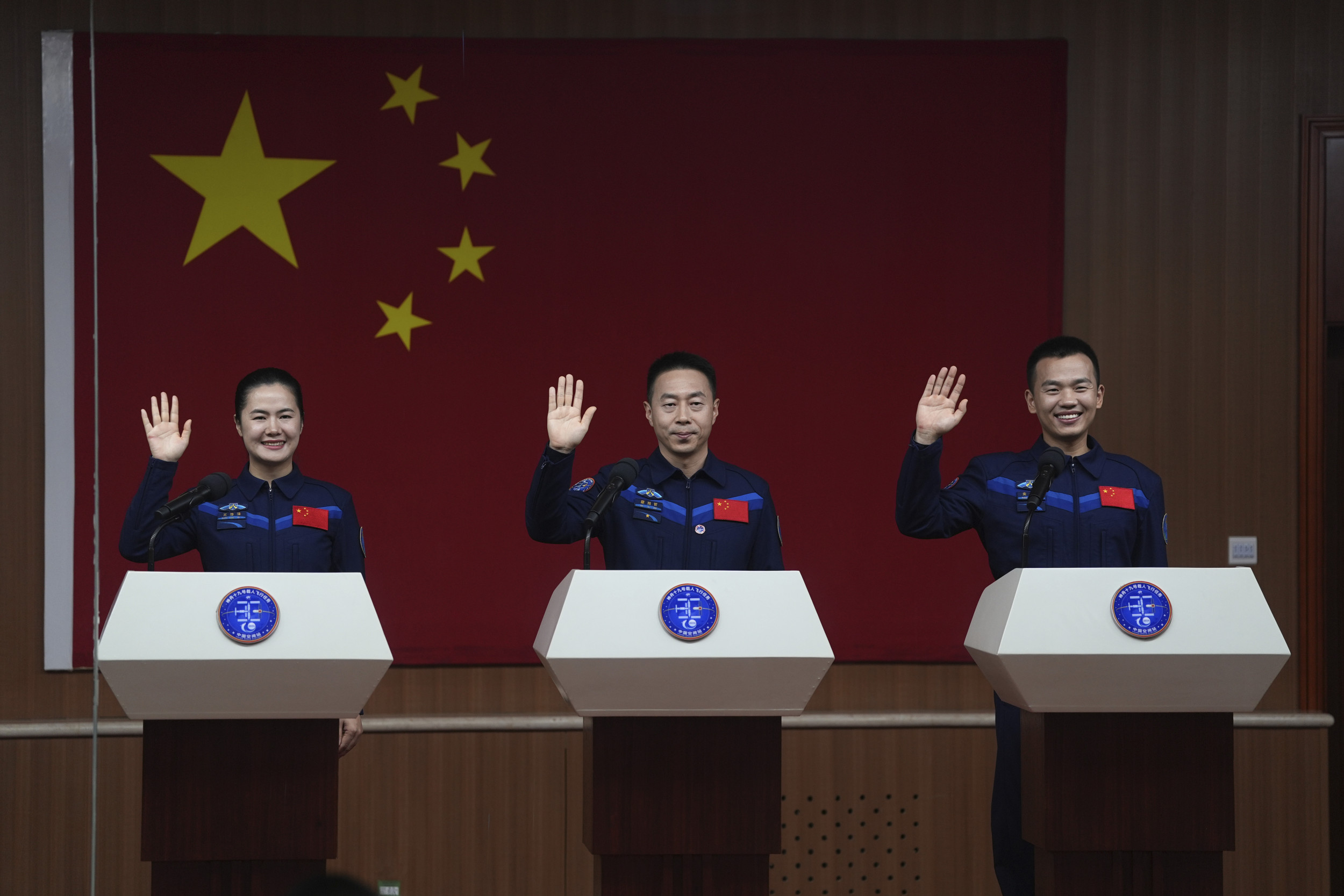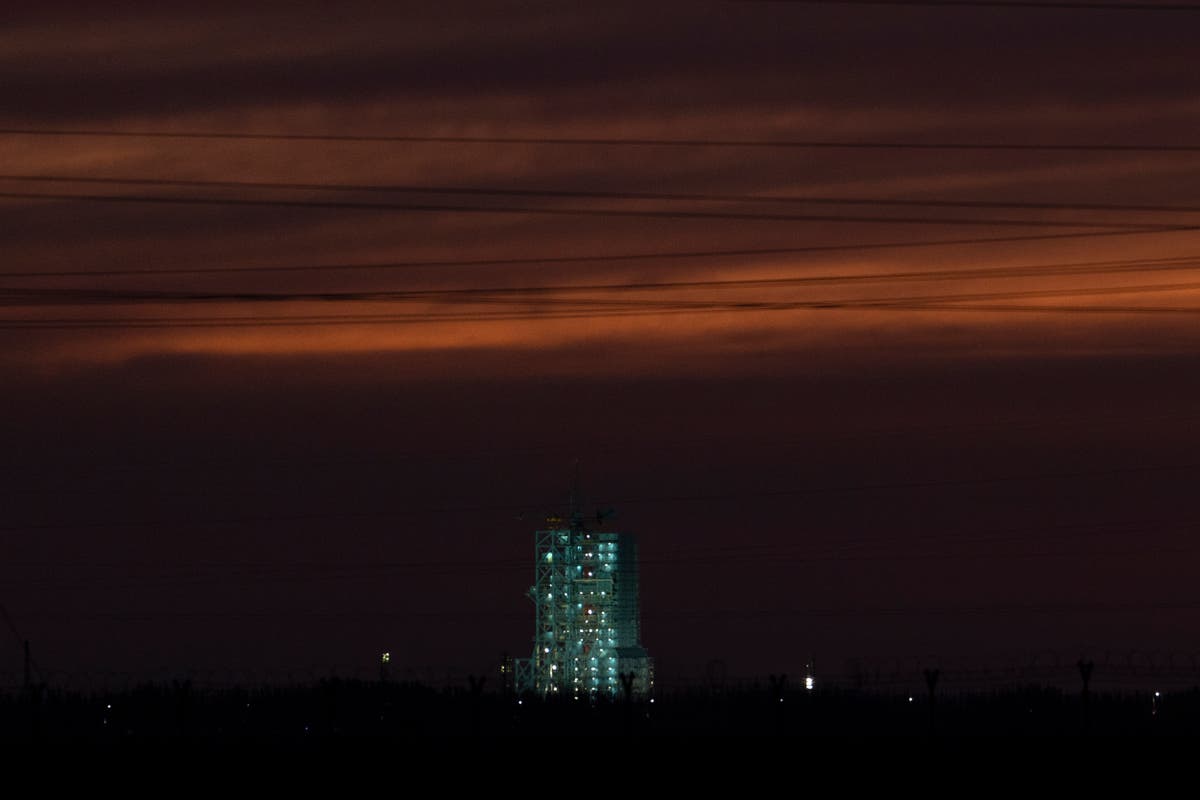China Launches Three Astronauts to Tiangong Space Station

The Facts
China successfully launched three taikonauts (astronauts) to the Tiangong space station on Wednesday. The six-month Shenzhou-19 mission took off atop a Long March-2F rocket from the Jiuquan Satellite Launch Center in northwestern China at 4:27 am Beijing time.
The crew includes China's first female space engineer Wang Haoze, pilot Cai Xuzhe, and former air force pilot Song Lingdong. According to Chinese state media, this is China's "youngest crew" to go to space.
The Spin
Pro-China narrative
China's space program stands as a beacon of human achievement and scientific progress, which was brilliantly demonstrated by the Shenzhou 19 mission's successful launch. The program emphasizes diversity and innovation, as well as a blend of seasoned and youthful personnel. With eight successful crewed missions to Tiangong and plans for lunar exploration, China's space endeavors inspire a new generation while contributing to our shared understanding of the cosmos.
Anti-China narrative
China's rapidly advancing space program is geared toward achieving military dominance in orbit and on Earth, aiming to disable US and allied space capabilities if desired. Alongside increasing its orbital presence and surveillance capabilities, Beijing is developing counter-space weapons, including anti-satellite tools, that threaten American systems. Strict security around its space operations reflects the broader rivalry with the West, as China pushes to establish its influence in space and beyond.


